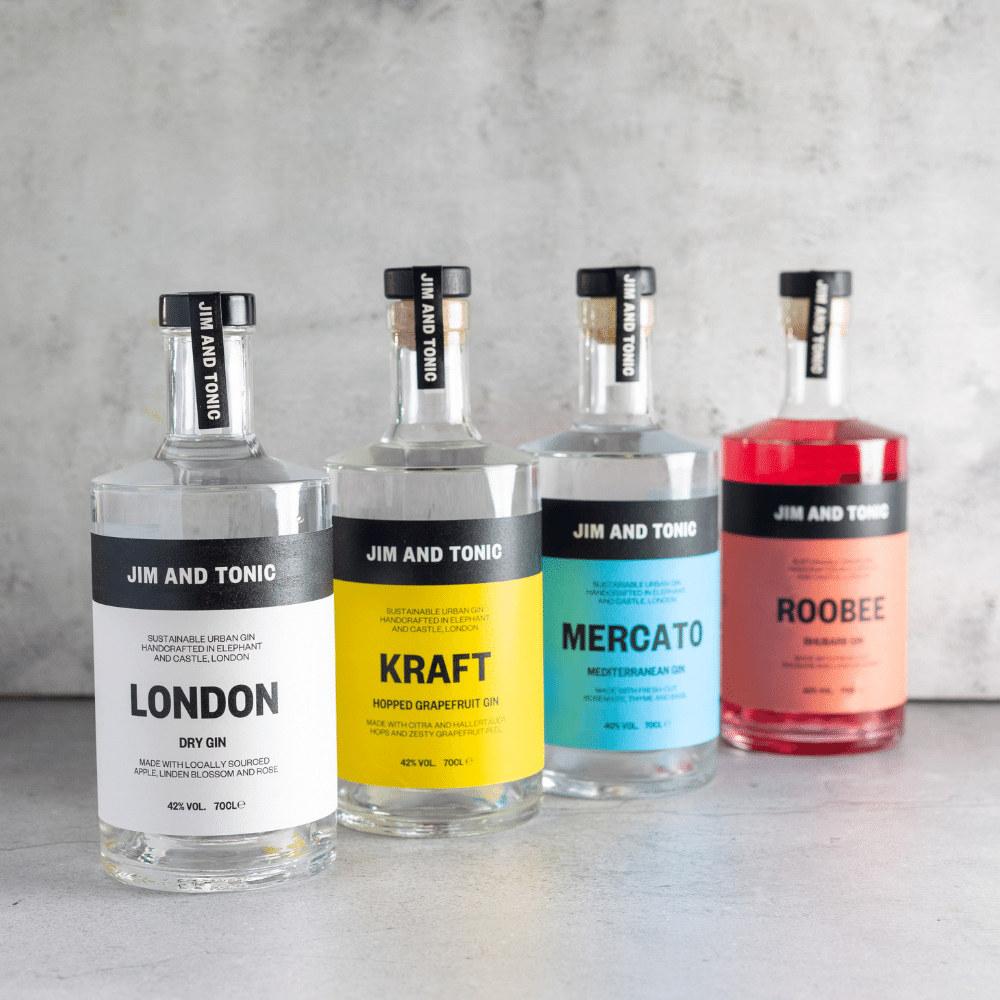We all know that when we age alcoholic drinks, it is meant to come out tasting better. We've seen in stores that older bottles cost way more because they are supposed to give a better experience. However, what is it exactly with ageing spirits, and how does it work?
What Is Ageing in Spirits?
Ageing refers to a period of time when drinks are exposed to air and natural elements. The element that initiates this process is oxygen, which is brought in by the air. Once the air has rubbed the surface of the spirit, the compounds on the surface react, creating flavour compounds that end up making the spirit taste better. This process is also known as oxidation.
Every spirit will have different relative ageing potential. The ageing potential of a whiskey or rum is measured by its ABV, or alcohol by volume. This means that the higher the ABV, the faster the spirit will age.
What Processes Are Involved in Ageing Spirits?
There are a few processes that occur in spirits when ageing. What happens is that the spirit interacts with the oxygen and other chemicals in the air, which drastically changes the taste of the spirit. The oxidation process can go three ways: it can go bad, neutral or good.
When oxidation is bad, the spirit will start having a medicinal flavour and will smell very bad. When oxidation is neutral, it won't completely transform the flavour of the spirit, but it will make it lose most of its aroma. When oxidation is good, the spirit will transform into a more complex and good-tasting product.
When Do We Age Spirits?
Each spirit is aged differently, but most of them are aged in wooden barrels. Most bottles of spirits that you see in stores are aged 5 to 10 years. It is important to note that the ageing process will change depending on the climate. If the climate is very dry, it will speed up the ageing process.
Why Do Ageing Spirits Make It Better?
In spirits, the ageing process is so important because it helps to bring out the true character of a spirit. Ageing the spirit is the only way to bring out the flavour and aroma of the spirit, which are essential to the overall taste. In addition, the oak wood that is used to age the spirits will also have a big impact on the character of the spirit, adding a delightful woody flavour to the spirit.
How Can You Tell If a Spirit Has Aged Well?
There are some easy ways to know if a spirit has aged well or if it has aged poorly. For example, if the spirit has aged well, you will notice a nice colour to it. The smell will be aromatic, almost as if there is an herby, earthy smell to it. If it has aged poorly, you will notice a strong smell of alcohol and that it can be pretty harsh on the palate.
Conclusion
In conclusion, there are a lot of different factors that play into the ageing process of spirits. The atmosphere, climate and the barrel /cask / wood that is used to age the spirit all play a role, which is why every spirit tastes different. Now that you know how to tell whether a spirit has aged well or has aged poorly, it is time to try out an aged spirit and see the difference in your own palate.
If you are searching for a cocktail bar in London, you can try to visit Jim and Tonic. We have our own distillery, offering alcoholic products directly to consumers. Shop with us or drop by one of our cocktail bars today!












